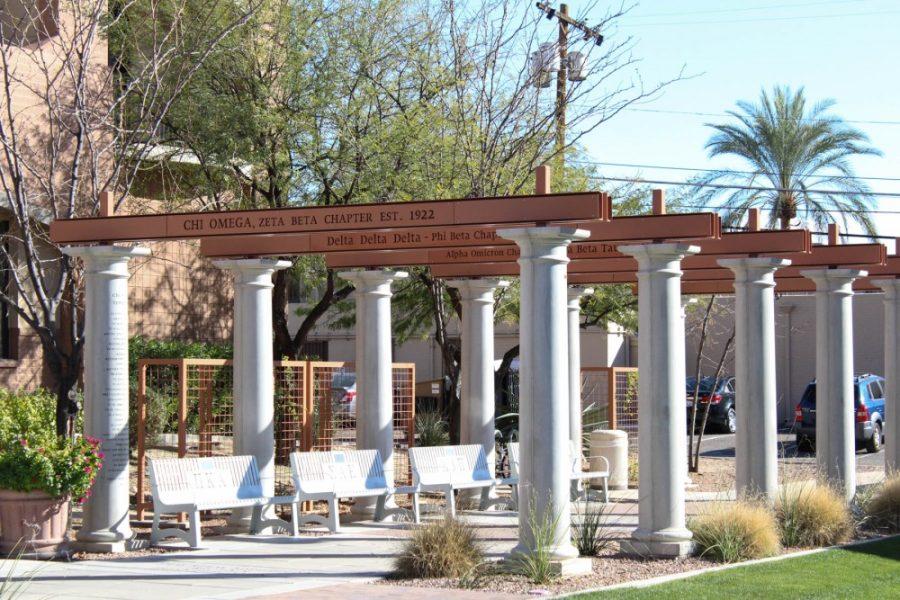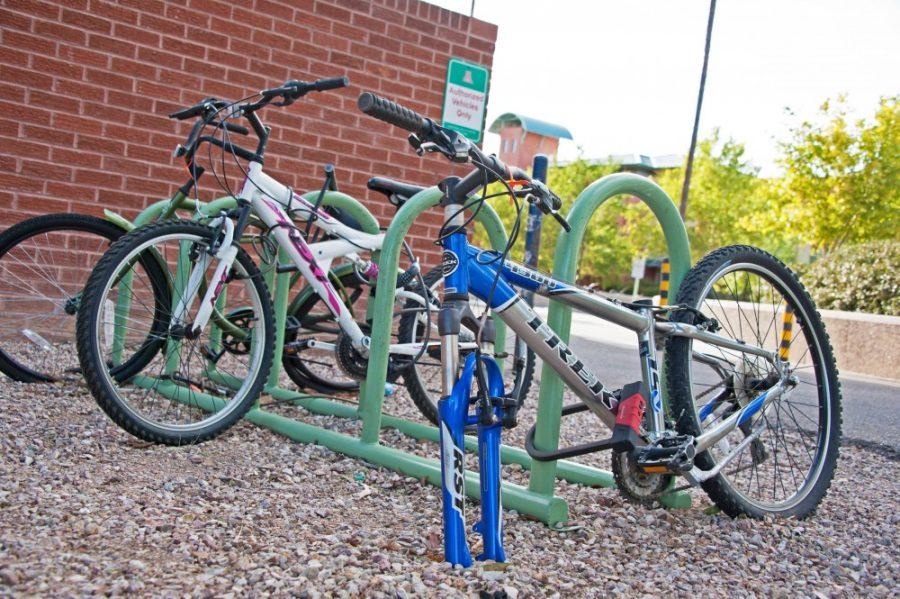
As schools across the country reopen their doors to students and kick off their fall semesters, cases of COVID-19 rise in clusters as the return to campus begins. As the initial weeks of reentries come to an end, it has become evident that one group in particular is being held accountable as the cause of outbreaks among the student bodies nationally: Greek Life.
At the University of Mississippi, some 381 new cases of COVID-19 were reported with countless tracings leading back to fraternities’ parities. At the University of Washington, 80 students living in fraternities’ houses have tested positive for the virus. In response to the Greek life outbreak in Washington, over 800 students subsequently were tested after being exposed. University of California — Berkeley publicly attributed the recent spike of positive cases on campus to Greek organizations’ failure to comply with COVID-19 regulations. The University of South Carolina has over 500 reported positive cases within campus since reopening and have been forced to quarantine over 9 houses within their Greek Village, with more likely to come soon.
RELATED: OPINION: Not a matter of if, but when
Campuses in North Carolina, at both UNC Chapel Hill and North Carolina State, have officially closed campus doors after only 2 weeks of operations, and have begun fully remote instruction. The move was in response to outbreaks of multiple clusters of the virus throughout campuses. Of the 20 clusters identified at NC State, 9 are directly connected to Greek life through contact tracing, and Greek Life is now under fire for being responsible for the recent closures.
The University of Arizona hosts their own battles with positive cases, and in the past week have seen sorority houses mandate quarantines because of active cases found within the houses. The University’s overarching response, like responses implemented in colleges across the country, is that the Greek organizations ”… are only affiliates of the University. All questions about their houses should be sent to them directly,” according to campus offficials via KGUN-9.
RELATED: OPINION: Want to make a change on campus? Start here
Universities have taken measures to limit the social gatherings among students on campus and will employ punishment to those caught failing to follow university mandated safety procedures. Fines and even suspension may be applied to those in violation of COVID-19 protocols and guidelines. At schools including Arizona, administrations can deny any registration for social events, further limiting what gatherings may occur on campus.
But as most Greek organizations’ houses are privately owned and located off-campus, the private organizations personally determine parameters for living conditions and what punishments will be applied to violations of new protocols. The countless precautions put in place by school administrations have not appeared to slow the spread of the virus due to parties and interactions in Greek life housing, and students living in off-campus houses are not held accountable for following said safety measures.
If nothing changes, Greek life will continue to spread COVID-19 through the Greek community, and in turn spread it to their neighbors, peers and fellow classmates. Any hope for returning to in-person instruction in this upcoming semester has been thwarted by students in Greek life spreading the virus through college towns.
Lauren Borelli is majoring in political science. She is from Baltimore. Follow the Daily Wildcat on Twitter









